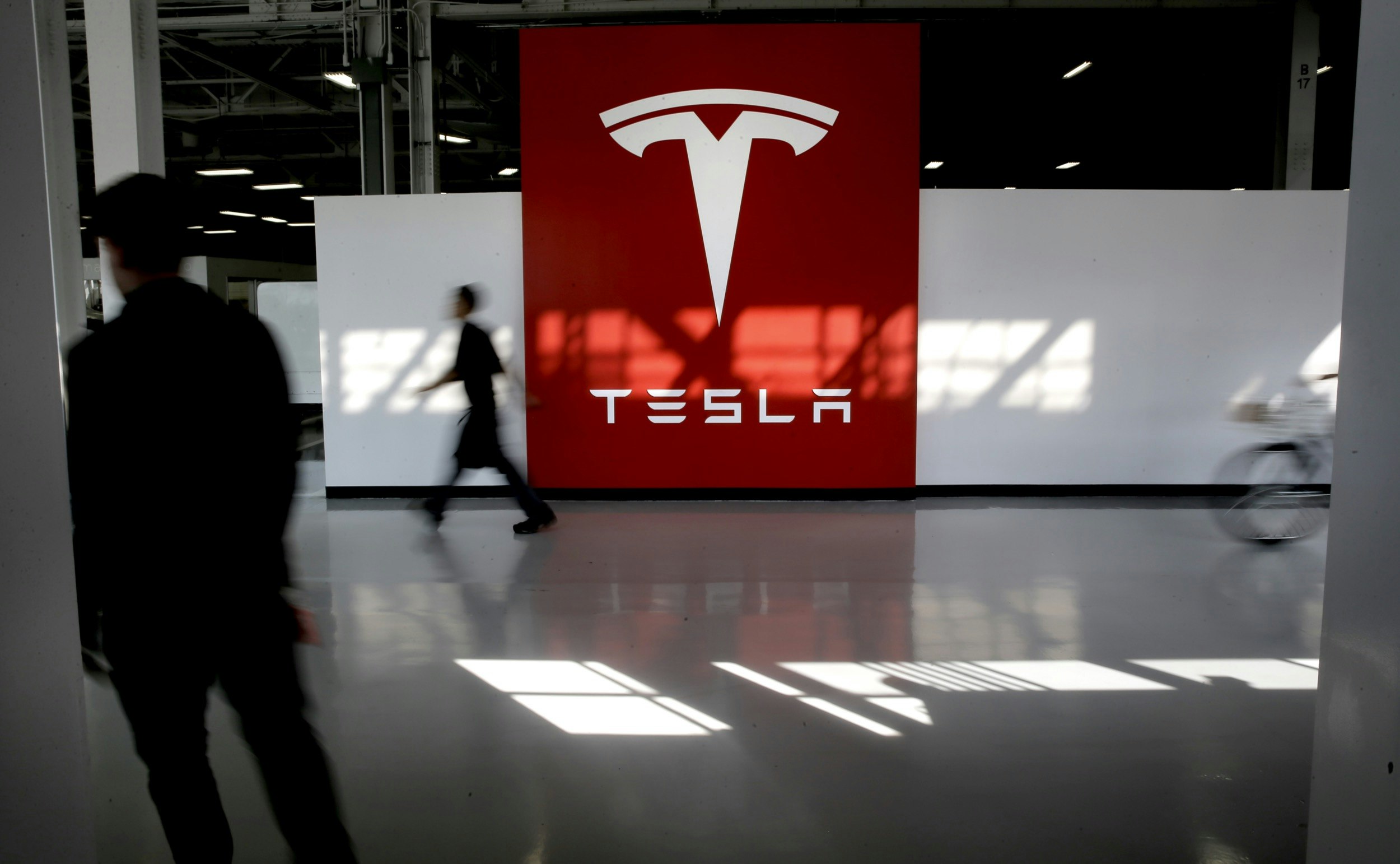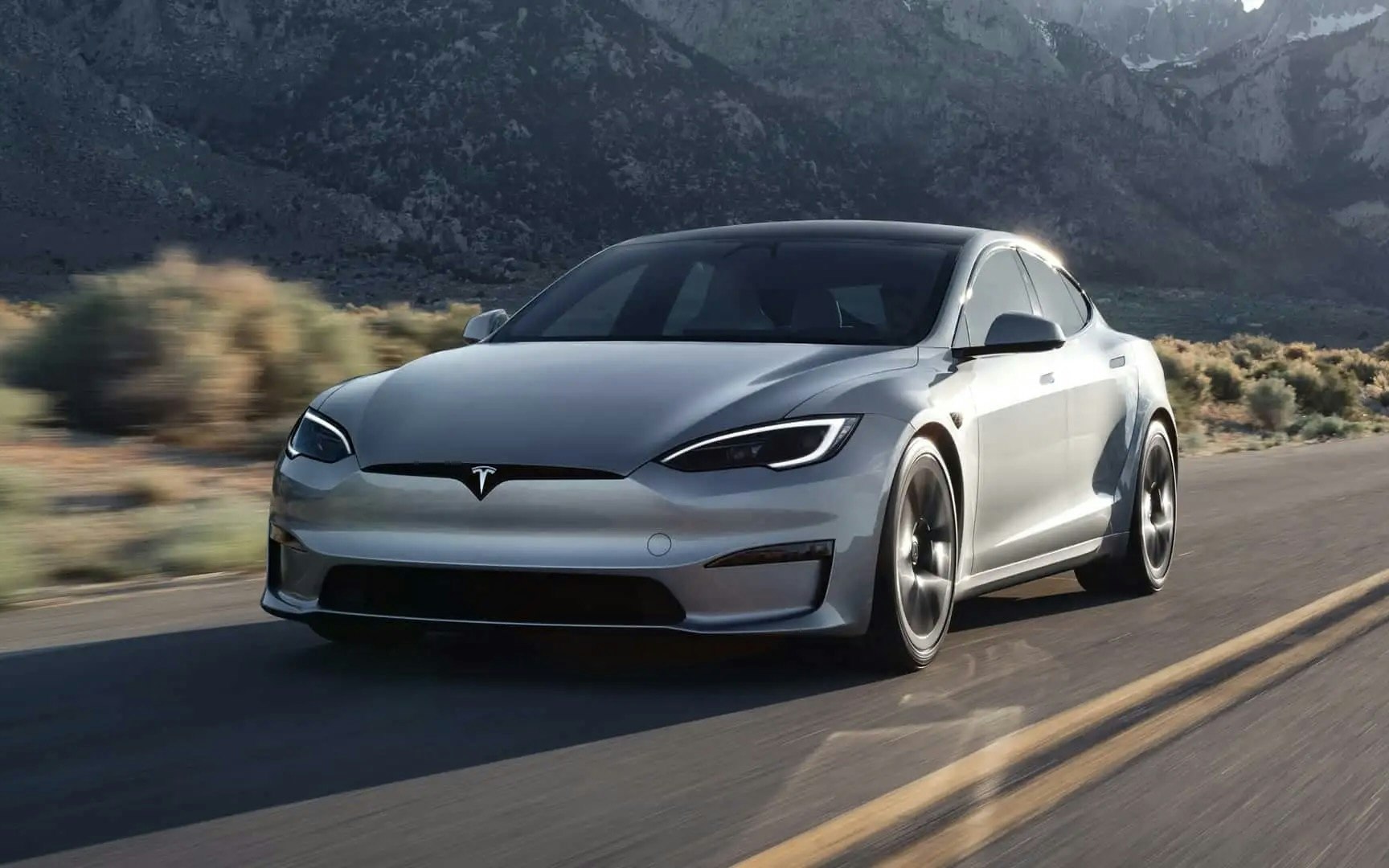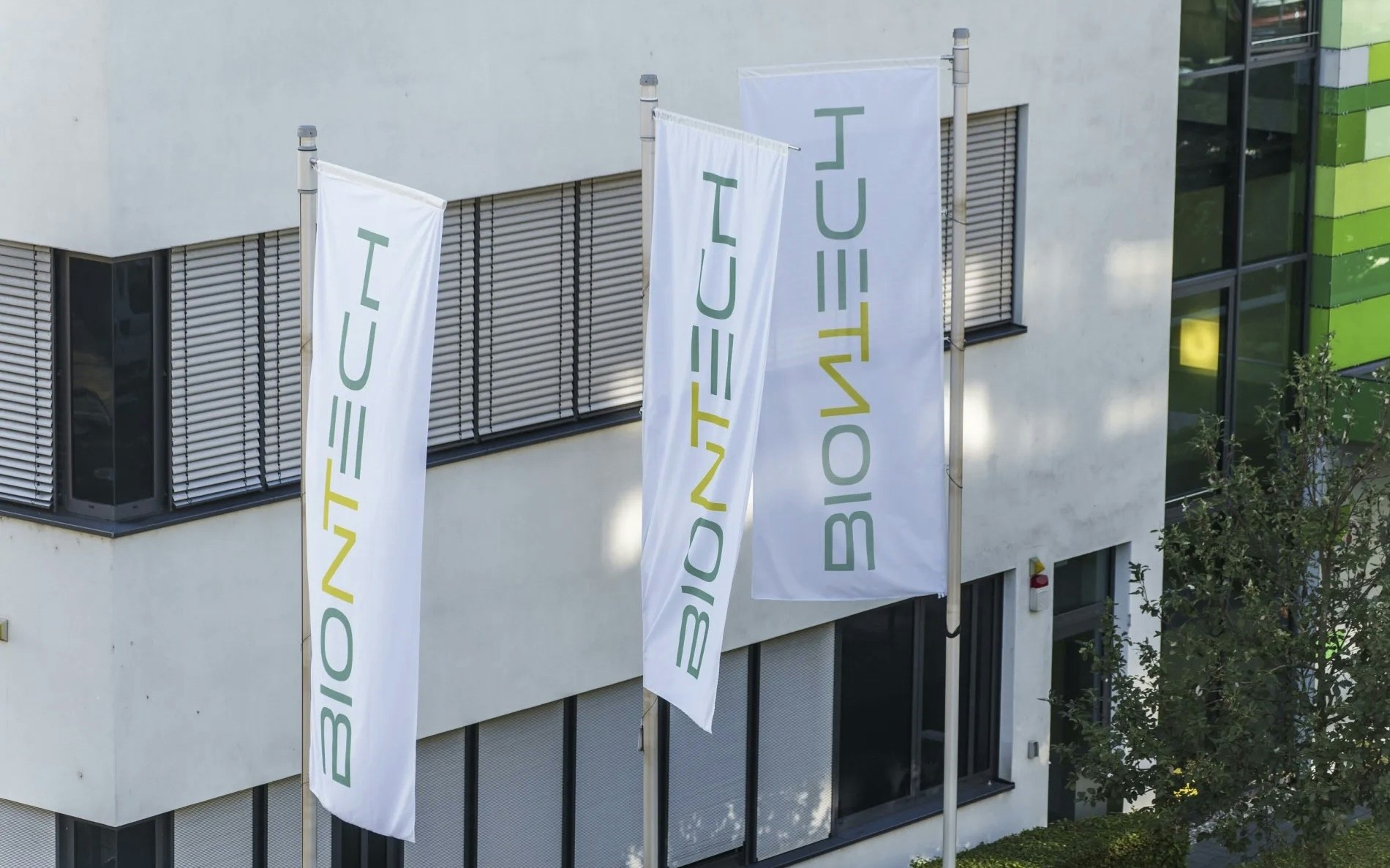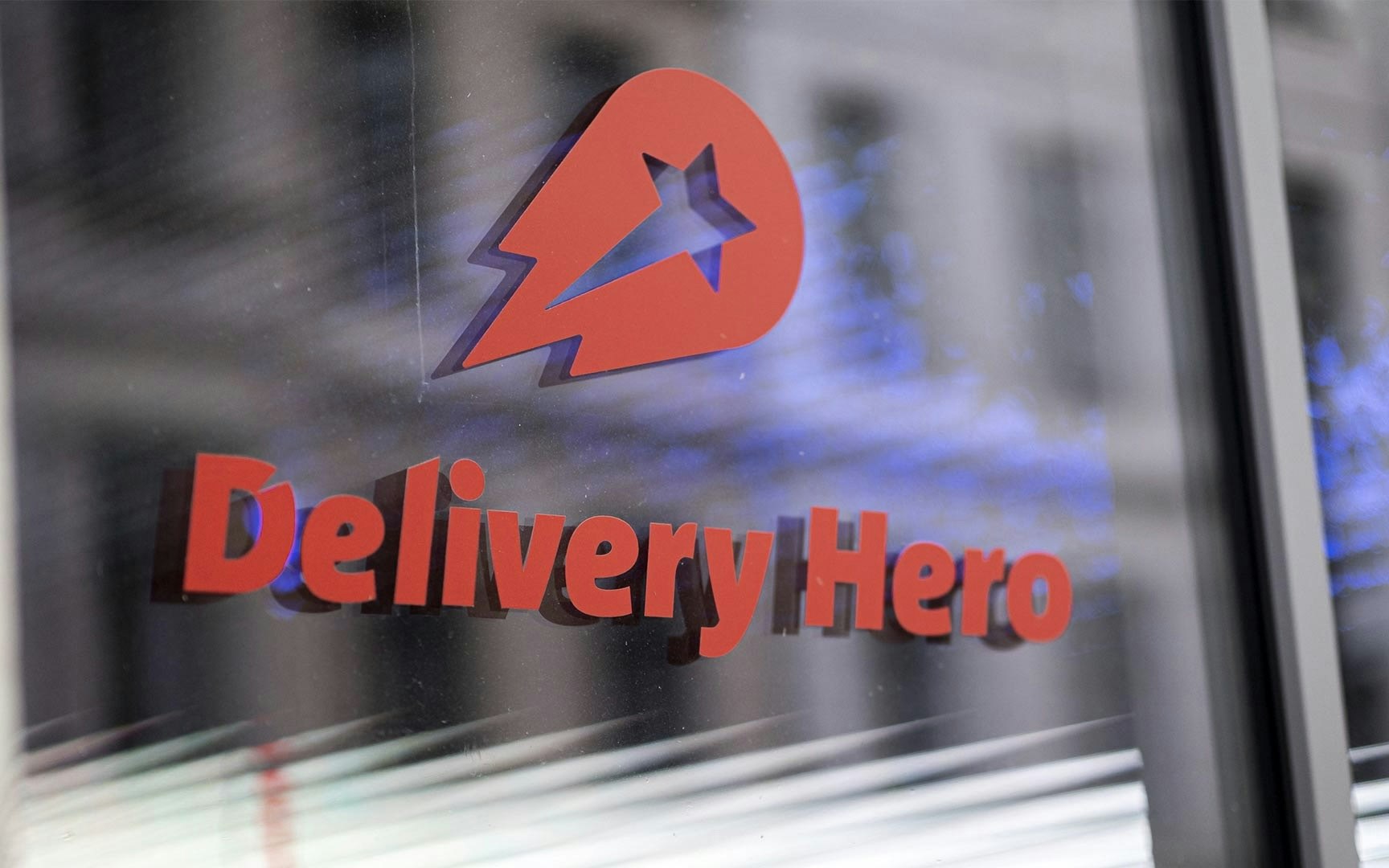Business
Elon Musk and Tesla's Billion-Dollar Dilemma: The Battle for the Mega Pay Package
Tesla's board is facing one of the most expensive decisions in the company's history: Will Elon Musk retain his controversial compensation package – or are there looming taxes and accounting costs at dizzying heights?

It's about no less than 129 billion US dollars.
The Origin of the Problem: Musk's Mega-Deal
In 2018, Tesla set new standards with a compensation package that granted Elon Musk 304 million stock options – however, under one condition: Musk had to achieve ambitious goals, including a fifteenfold increase in revenue and a twelvefold increase in the company's value. Musk met these requirements by 2023. But now the deal is at risk of collapsing.
Presiding Judge Kathaleen McCormick ruled that the original approval of the package by Tesla shareholders was not sufficient to dismiss allegations of unfair treatment and excessive influence by Musk. Now Tesla has two options: either to pursue the lengthy legal dispute to the Delaware Supreme Court or to assemble a new package for Musk. Both paths are extremely expensive.
The Risk: A $100 Billion Mess
If Tesla were to offer Musk a new package with similar terms, it could result in an accounting charge of over $50 billion. Even more significant are the potential tax implications: Musk might have to pay up to 57 percent income tax on the difference between the original option price and the current market value. At a current stock price of $425, this would amount to a tax bill of almost $70 billion – an astronomical sum even for the richest man in the world.
Why these enormous tax consequences? The US tax code, specifically Section 409A, plays a crucial role here. It stipulates that compensations like stock options that are "in the money" – already profitable – are taxed immediately. Additionally, a penalty tax of 20 percent is levied. The result: a tax burden that Musk would have to bear even if he doesn't exercise the options.
The Strategic Stalemate
Tesla is in a dilemma. If Musk is granted a new compensation package with similar conditions, the company faces not only gigantic accounting costs but also potential stock losses if Musk has to sell shares to pay his tax bill. At the same time, the company needs an incentive to retain the visionary but often unpredictable CEO.
It's very simple," explains tax expert Schuyler Moore. "When the options are 'in the money,' all sorts of bad things happen from a tax perspective.
Tesla might try to directly transfer Musk shares to reduce the tax burden. But even that would lead to a tax bill of about 48 billion dollars – and the problem of accounting costs remains.
A risky game for the future
The uncertainties surrounding Musk's compensation have far-reaching consequences. Tesla is now a giant with a market capitalization of 1.3 trillion dollars – much of it driven by Musk's charisma and leadership strength. But how long will he stay? Musk has publicly suggested that he might withdraw if he does not retain sufficient control over Tesla.
And while Tesla prepares for the litigation, another question hangs over the company: How does all this affect the shareholders? If Tesla loses and sets up a new package, this could not only burden the share price but also raise questions about financial stability.
Musk, Tesla and the Uncertain Future
The coming months will be decisive. Can Tesla save Musk's original compensation package? Or is the company facing a financial catastrophe that tests not only tax law, but also the perception of shareholders and investors?
It is clear: Tesla's struggle against tax regulations, accounting realities, and judicial decisions is a lesson in how complicated it is to reward visionaries while maintaining control.




